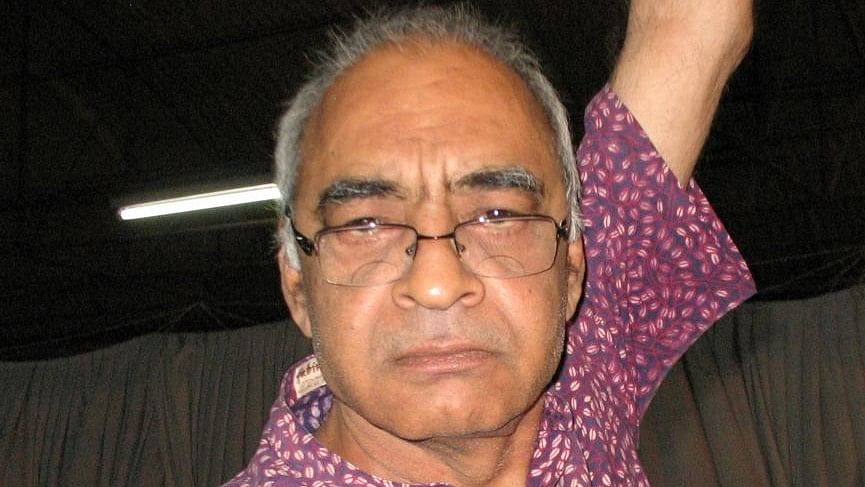
Credit: Special Arrangement
Vasanth Mokashi adapted his father Shankar Mokashi-Punekar’s novel Gangavva Gangamayi, acclaimed as one of the finest works in modern Kannada literature, into a film. Excerpts from a 1994 interview of the filmmaker.
You are directing a film independently for the first time. Which tradition would you say you belong to, going by the grammar and aesthetics of the medium?
There is no single valid tradition in filmmaking. Each director shapes his own tradition that evolves from film to film. A filmmaker is basically a loner searching for his form. It’s like slogging it out alone in a desert, fending off mirages to arrive at the real. The living experience of an individual and acquired memories correlate with many other aspects of life and spark off an obsession. But deep inside there are no governing influences for a filmmaker.
I am sure there are several masters of cinema who have shaped your craft?
There is no doubt at all that many great masters of the film world have left a deep impression on me. I could name Mani Kaul, Ghatak, Ray, Bergman, Tarkovsky, Fellini and many more. But all that has been more in the form of trying to understand the director’s statement. I have given great thought to the stimulating elements of the great films. However, inspiration does not shape everything for a creative person. One has to struggle to shape one’s images entirely on one’s own. For instance, the film Accident which I scripted was inspired by Costa Gavras’s Z. After watching Gavras’s film, I wondered if such things could happen In India.
How did you adapt a novel published in the 1950s to make it contemporary?
It was the first Kannada novel I read. Reading the novel over the years has made me realise its significance. It is like making an inward journey into my roots; each reading constituting a new discovery of my roots.
In terms of maturing it into a film, I could not escape the living experience of Dharwad that is reflected in the life of the story. I have used politics as the signifier of the period of the film. The novel has ample space to accommodate the life of the 1990s, too, and using that space carefully I have succeeded in establishing a continuous link from the pre-Independence days to the present times. Politics practised by Indians under the British correlates with the kind of politics we have today in a free India.
What form have you been able to evolve in this film cinematically?
I am basically a wanderer. I do not stick to any particular school. But German expressionism seems to have led the way in this film. I think Indian films have been under its influence, generally speaking. My own feeling is that it matches the old form of Indian narration of tales. I have, to a large extent, tried this method in Gangavva Gangamayi. It would be immodest to say I have achieved it fully.